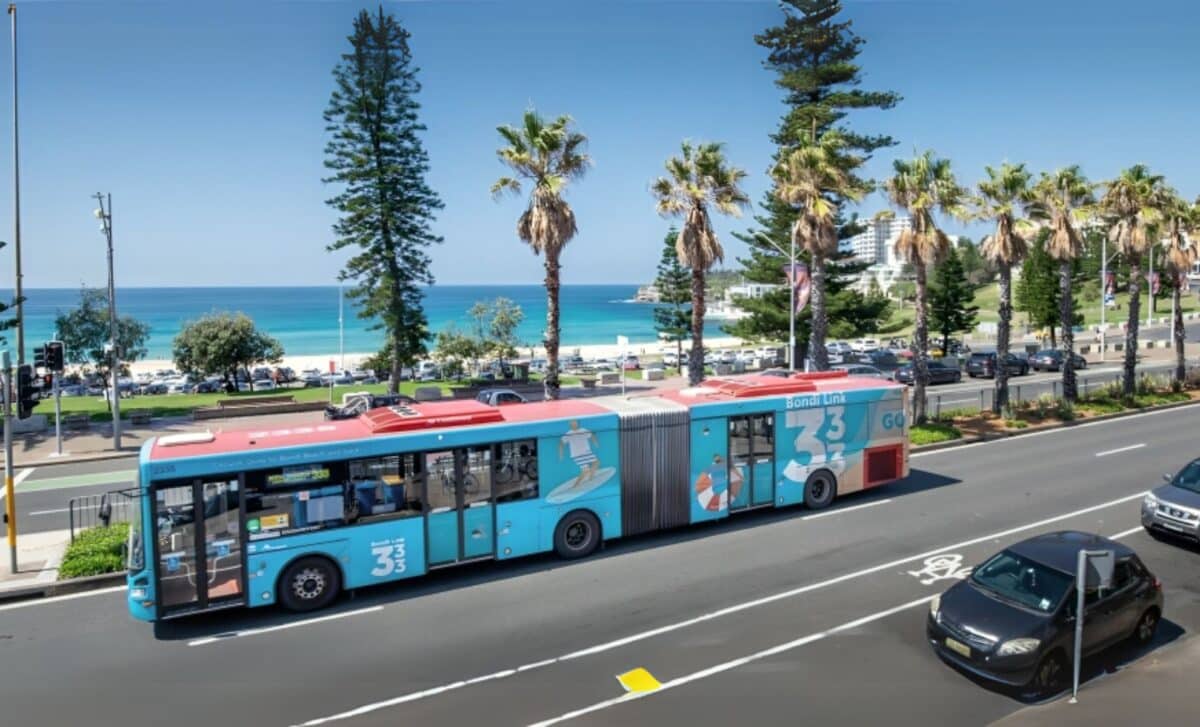The Public Service Association (PSA) has strongly opposed the Rail, Tram & Bus Union (RTBU)‘s call to dismantle Transport for NSW (TfNSW), warning that such a move would lead to job losses and poorer working conditions.
The demand comes amid ongoing industrial action, rail delays, and the resignation of Transport Minister Jo Haylen. While the NSW Labor government faces increasing pressure over transport disruptions, Premier Chris Minns has criticised the RTBU’s actions, hinting at possible federal intervention in the dispute.
Union Dispute Over Transport for Nsw’s Future
The RTBU has urged the NSW Labor government to dismantle TfNSW within the first 100 days of the new Transport Minister’s tenure, arguing that the agency is ineffective and contributes to operational inefficiencies in the state’s transport network.
The PSA, which represents thousands of public sector workers, has rejected this demand, emphasising the potential negative impact on employment and working conditions.
In a bulletin to its members, the PSA stated :
“We all know any proposal to disband a public service agency would mean mass job losses in the name of ‘efficiency.’ Any proposal to remove a public service agency from the state-based NSW Industrial Relations Commission to the Federal Industrial Relations System and its Enterprise Bargaining and the Fair Work Commission would undoubtedly result in worse conditions for TfNSW workers.”
Background to the Disagreement
The call to disband TfNSW was part of an RTBU manifesto shared on social media, outlining key demands for the NSW Labor government. The abolition of TfNSW was the second point in the union’s agenda, reflecting broader tensions over the structure and management of the state’s transport network.
The debate over TfNSW’s future comes at a time of declining public confidence in Sydney’s transport system, compounded by the recent resignation of Transport Minister Jo Haylen. Haylen stepped down following scrutiny over her use of ministerial car services, adding to the political instability surrounding NSW transport policy.
TfNSW was originally established to centralise ministerial oversight and improve coordination across different transport services, addressing long-standing conflicts between different branches of the network.
The agency played a key role in projects like the rollout of the Opal card, modelled on Transport for London’s system.
Broader Industrial Relations Context
The RTBU’s push to dismantle TfNSW comes as the union is bargaining for a new Enterprise Agreement for Sydney Trains employees. However, the PSA has clarified that it is not involved in the current rail dispute, stating :
“The PSA reminds members that we are not a part of the current rail dispute, as we don’t have coverage of employees working for Sydney Trains.”
The PSA has already settled its dispute with the Minns government, making it unlikely to support the RTBU’s stance. The union has also argued that removing administrative jobs would not be a viable solution to broader pay disputes affecting transport workers.
The PSA is making it clear that eliminating clerical positions should not be seen as a budgetary measure to fund wage increases for other unions.
Political and Public Response
The ongoing industrial action and disputes over TfNSW’s future have led to growing tensions between unions and the NSW government.
Premier Chris Minns has continued to criticise the RTBU for causing network disruptions, stating that industrial action is a major contributor to recent rail delays.
Minns has also hinted at potential federal intervention to resolve the situation, though no formal action has been announced. With the next state election approaching, the debate over TfNSW’s role and structure is likely to remain a contentious issue in NSW politics.









